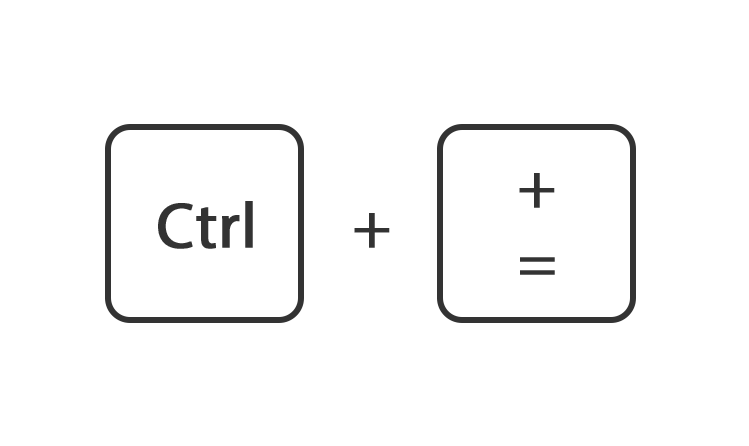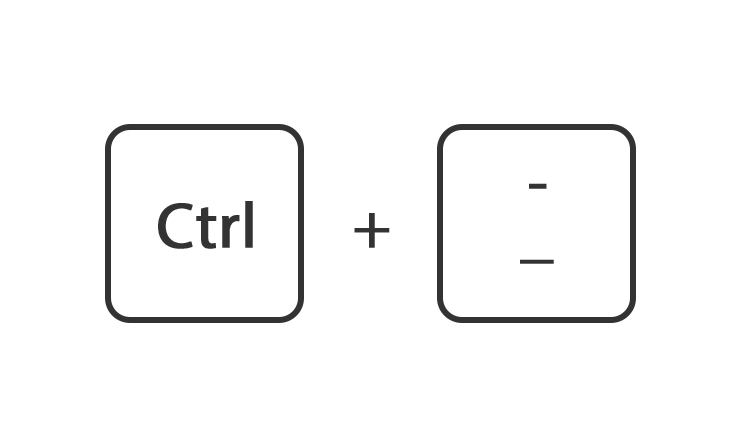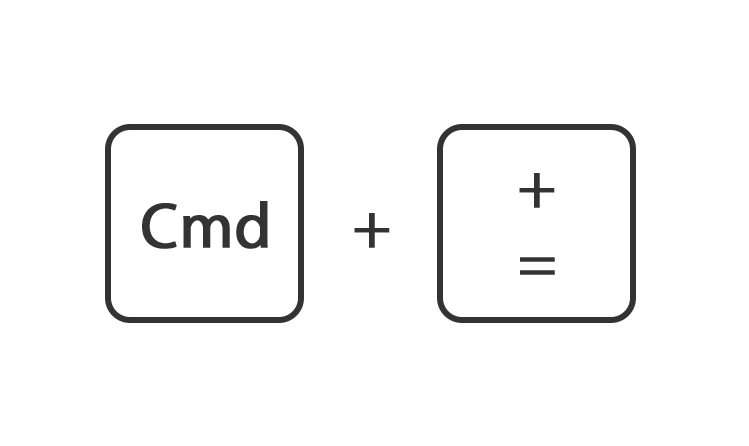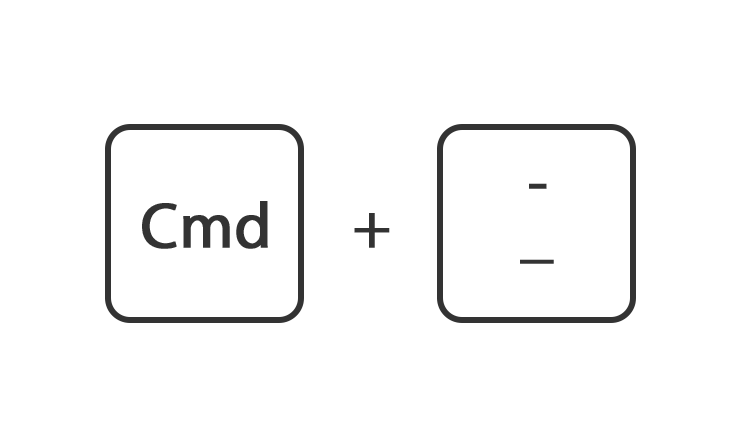We hypothesized that fit older patients with acute myeloid leukemia (AML) treated with decitabine (DEC) would report better health-related quality of life (HRQoL) outcomes than those receiving intensive chemotherapy (IC). We conducted a phase 3 randomized trial to compare DEC (10-day schedule) with IC (3+7) in older fit patients with AML. HRQoL was a secondary end point, and it was assessed with the European Organisation for Research and Treatment of Cancer Quality of Life Questionnaire Core 30 (EORTC QLQ-C30) in conjunction with its elderly module (EORTC QLQ-ELD14). The following scales were a priori selected for defining the primary end point: physical and role functioning, fatigue, pain, and burden of illness. HRQoL was assessed at baseline, at regeneration from cycle 2, and at 6 and 12 months after randomization, and also before allogeneic hematopoietic stem cell transplantation (allo-HSCT) and 100 days after transplantation. Overall, 606 patients underwent randomization. At 2 months, the risk of HRQoL deterioration was lower in the DEC arm than in the 3+7 arm; 76% (95% confidence interval [CI], 69-82) vs 88% (95% CI, 82-93); odds ratio, 0.43 (95% CI, 0.24-0.76; P = .003). No statistically significant HRQoL differences were observed between treatment arms at the long-term evaluation combining assessments at 6 and 12 months. HRQoL deteriorations between baseline and after allo-HSCT were observed in both arms. However, these deteriorations were not clinically meaningful in patients randomized to DEC, whereas this was the case for those in the 3+7 arm, in 4 of 5 primary HRQoL scales. Our HRQoL findings suggest that lower-intensity treatment with DEC may be preferable to current standard IC (3+7) in fit older patients with AML. This trial was registered at www.clinicaltrials.gov as #NCT02172872.
Windows en Linux
Houdt de toets ctrl ingedrukt en draai het muiswiel omhoog of omlaag

Of houdt de toets ctrl ingedrukt en druk tegelijk op de toets + of -


Of ga rechtsboven naar instellingen en gebruik de instelling zoom
Mac
Houdt de toets command ingedrukt en druk op de toets + of -


Of ga rechtsboven naar instellingen en gebruik de instelling zoom.